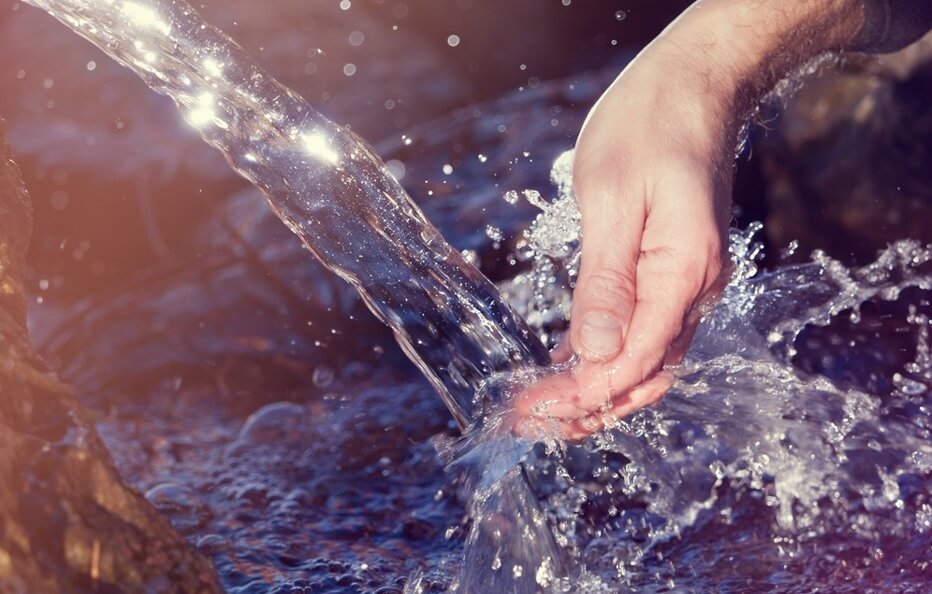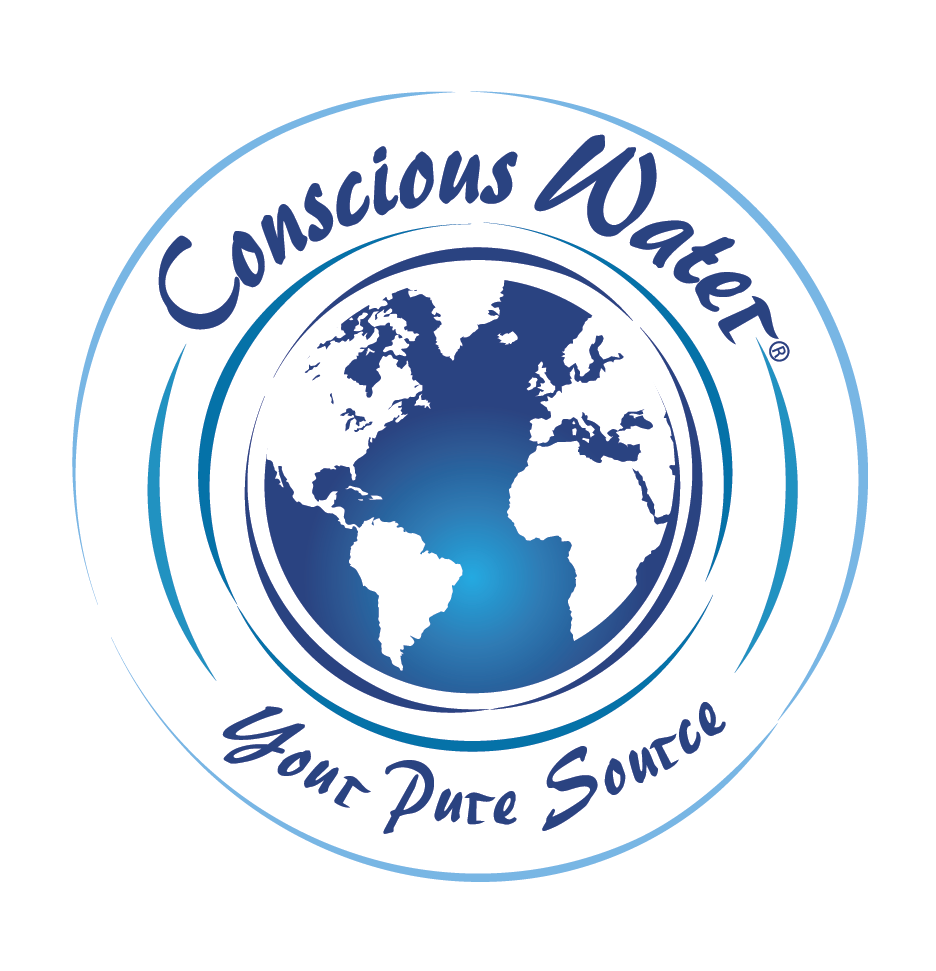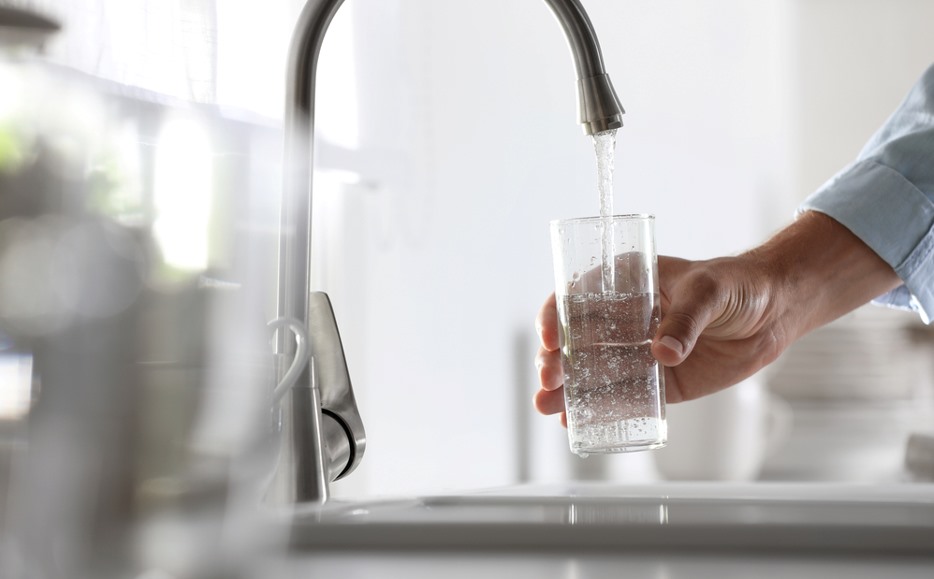Canada has several key water accomplishments, such as the world’s best municipal water in Abbotsford, 9% of the world’s renewable freshwater resources, and 20% of the world’s freshwater supply.
Despite these achievements, you are right to have concerns about the sources of water you drink from faucets and commercial water bottles at home or your place of work.
This post explores the various places where your tap or bottled water comes from and the significance of these sources.
Where Does Bottled Water Come From in Canada?

According to the Canadian Bottled Water Association, about 25% of all bottled water in Canada is obtained from municipal water.
While this may not seem like a significant percentage, it still matters because not many companies are clear about their water sources. This happens even though most companies project bottled water as superior to tap water.
When bottled water companies obtain water from municipal systems, they purify it further before bottling it to remove any contaminants the water may have acquired along the transmission process.
The purification methods for tap water vary from one bottled water company to another, but the most common are UV treatment, distillation, and reverse osmosis.
Significance of Tap Water When Bottled
Since most of Canada’s tap water is safe for consumption, drinking bottled water from a municipal water system causes no harm to you.
Health Canada controls Canadian bottled water through the Food And Drugs Act. All bottled water companies must follow guidelines to ensure their water is safe for human use.
The Canadian Food Inspection Agency (CFIA) also carries out annual inspections of water bottling plants.
Bottled water manufacturers add to the general safety of tap water by purifying it further before bottling it. This means most bottled water is obtained from taps and packaged into bottles after altering its mineral content.
Even as the water is purified further, 100% purity is difficult to achieve. The water may get contaminated during the purification process. It will also still have some impurities since purification methods like distillation and UV treatment do not remove all types of contaminants.
Additionally, the water bottles are plastic, some of which have BPAs that leach into the water when exposed to heat. Most bottled water has also been proven to contain microplastics.
So, should you drink bottled water obtained from public water systems?
Unless otherwise communicated by municipal water suppliers, drinking tap water is safe. It would be even safer if the bottling company ensured its purification standards result in pristine water.
Other Sources of Bottled Water
Canadian bottled water is also obtained from various sources such as:
- Springs/mineral springs: These are underground water sources that flow naturally to the earth’s surface or are artificially tapped for water collection
- Wells: These are holes drilled or bored into the ground at different depths (depending on the location of the water table) to tap an aquifer
- Icebergs: A source of iceberg water
- Surface water: Lakes, streams, reservoirs, and seas
- Other water identified by its origin: Water from snowmelt, rainwater, and glaciers
Sources of Bottled Water for Famous Bottled Water Companies
There’s no shortage of bottled water companies in Canada, most of which project their water as the purest, tastiest, most odourless, and most colourless.
Below are some known sources of water for different Canadian bottled water companies:
- Walmart Canada bottled water: Sacramento Municipal Water Supply
- Dasani by Coca-Cola Canada: Tap water from Calgary, Alberta
- Evian: Cachat Spring, located in the French Alps
- Pure Life: Tap water from Hillsburgh, Ontario, production well in Aberfoyle, Ontario, Kawkawa Lake Aquifer
- Aquafina by Pepsi: Tap water from Mississauga, Ontario
- Happy Water: Self-sustaining mountain spring in Woodside, British Columbia
- Montellier: Underground springs in Quebec
- Icelandic Glacial Water: Olfus Spring in Iceland
Where Does Tap Water Come From?

Canadian tap water is obtained from various surface or aboveground and underground or groundwater sources. These include:
- Streams
- Lakes
- Springs
- Reservoirs
Unlike bottled water, tap water is highly regulated and tested several times daily for quality to ensure municipal water suppliers provide safe water for human consumption all day long throughout the year.
Tap water is more government-regulated by Health Canada and the Federal Agency than bottled water. Health Canada regulates this through the Guidelines for Canadian Drinking Water Quality, a long list of 75 stipulations on components in water.
The main advantage of sourcing water from underground aquifers is that it is less prone to pollution and contamination. However, pollutants from agricultural runoff could dissolve and leach into underground water through soil layers.
Since Canadian tap water is marked safe for drinking unless the municipal supplier or the government issues a boil water advisory, there is no cause for too much worry about its source.
Each year, public water suppliers are required to publish a report that enlists their water source. If you have concerns and can’t lay your hands on the report, you can call your water supplier to enquire.
To put things at ease, it’s good to mention the sources of tap water for some major locations:
- Toronto: Lake Ontario
- Vancouver: Three reservoirs — Coquitlam, Seymour, and Capilano (they pull water from the ocean, rivers, and lakes that surround Vancouver)
- Montreal: St. Lawrence River, Lake Saint-Louis
- Calgary: Elbow River, Bow River
- Mississauga, Bolton, and Brampton: Lake Ontario
- Caledon: Municipal groundwater wells
- Collingwood: Georgian Bay
- Winnipeg: Shoal Lake
- Edmonton: North Saskatchewan River
Ensuring Drinking Water Safety with Berkey Water Filters

The main difference between tap water and bottled water is the mode of delivery rather than the source or quality. The quality can differ significantly from one public water supplier to another or from one bottling company to another, but not between tap and bottled water.
While this doesn’t dismiss the need to know where drinking water comes from, it’s better to be double sure about the water quality by using supplementary water purification devices.
As the number one supplier of Berkey water filters in Canada, we take pride in knowing that these filters help improve the quality of the water you obtain from home or business premises faucets.
You can shop for Berkey water filters today to ensure your tap water is free of contaminants that may be present, such as excess chlorine, pharmaceuticals, viruses, excess fluoride, heavy metals, and bacteria. Check out the travel Berkey water purification system in Canada that is ideal for supplying one to two people with clean drinking water.


